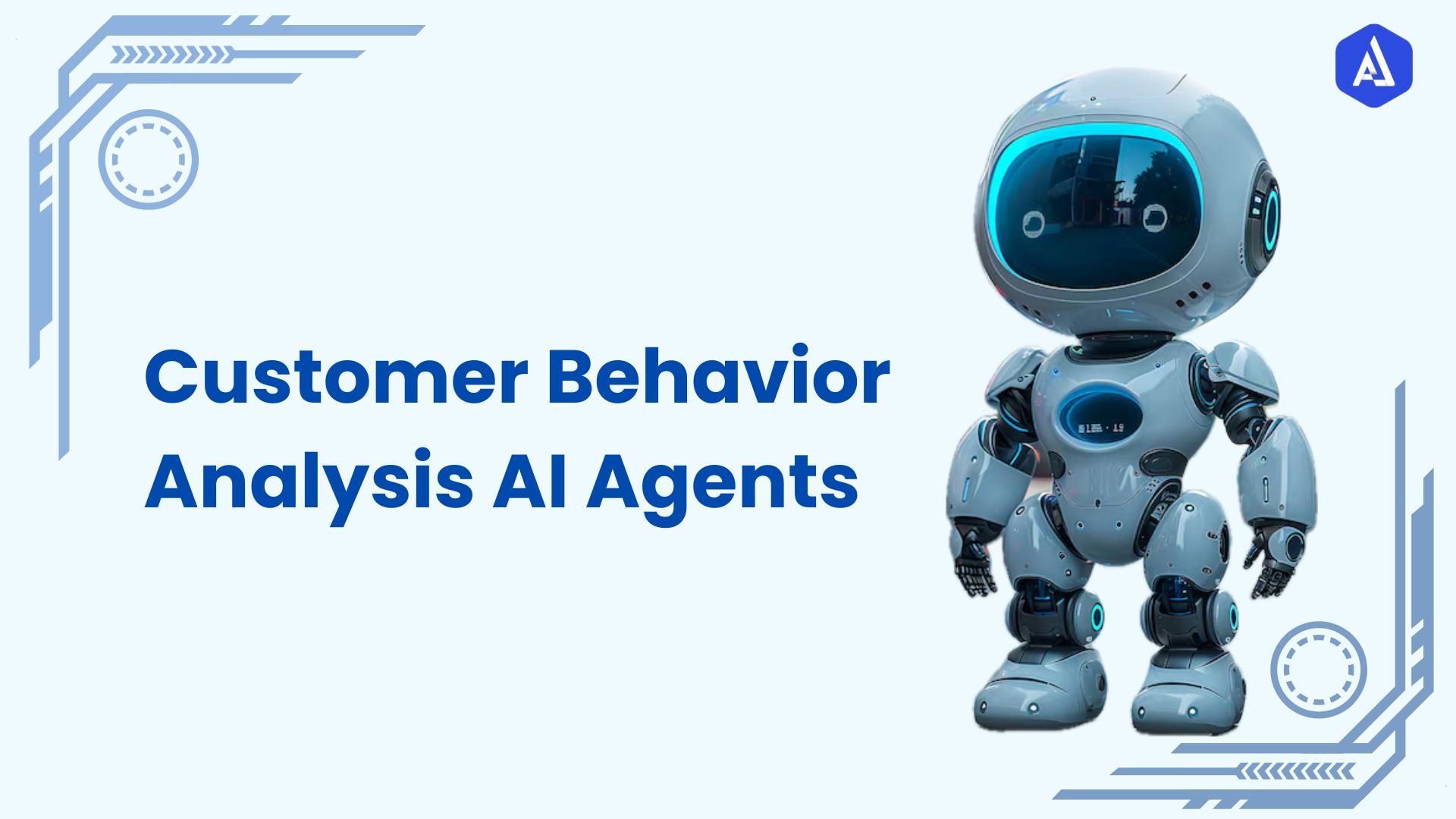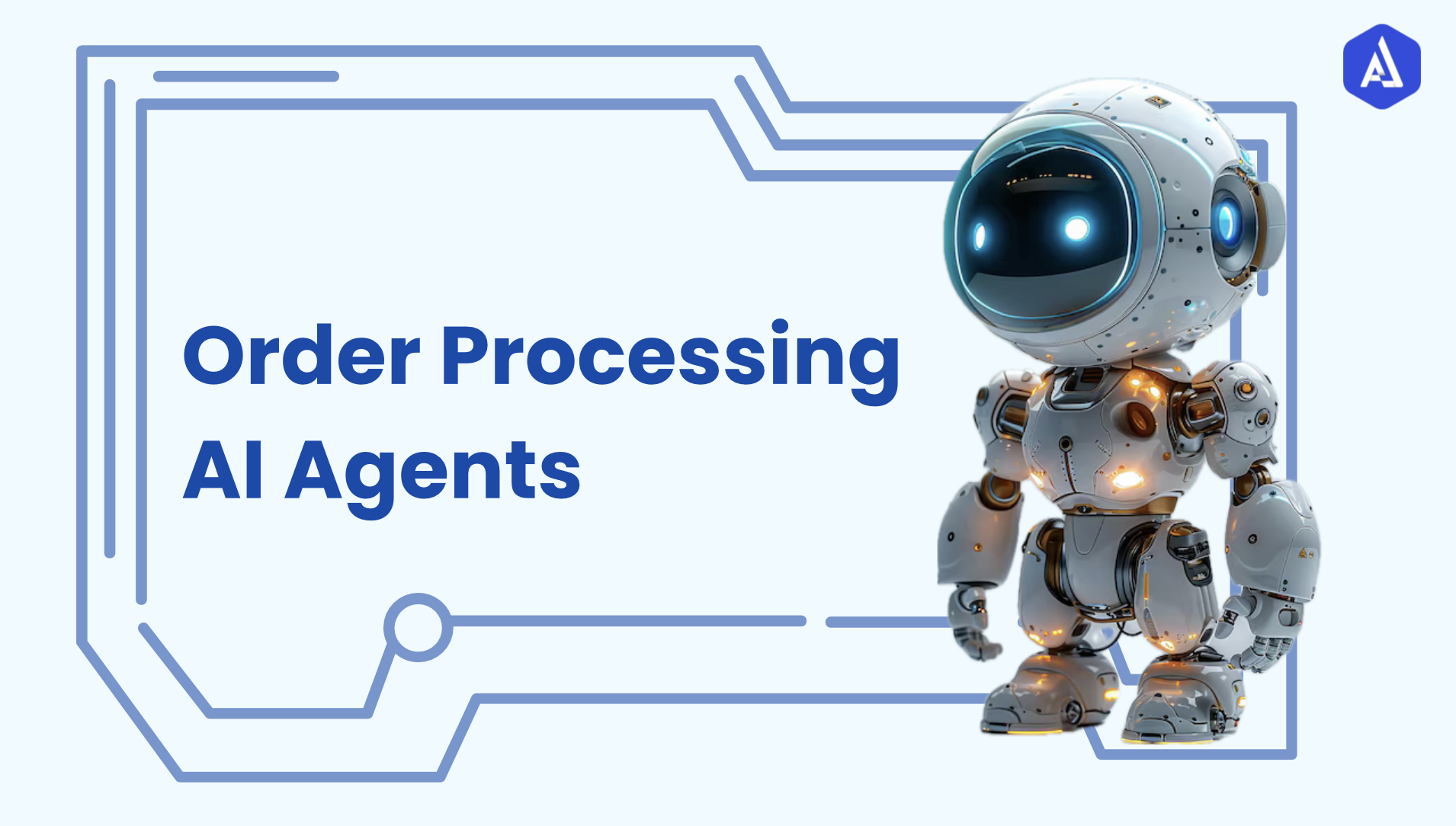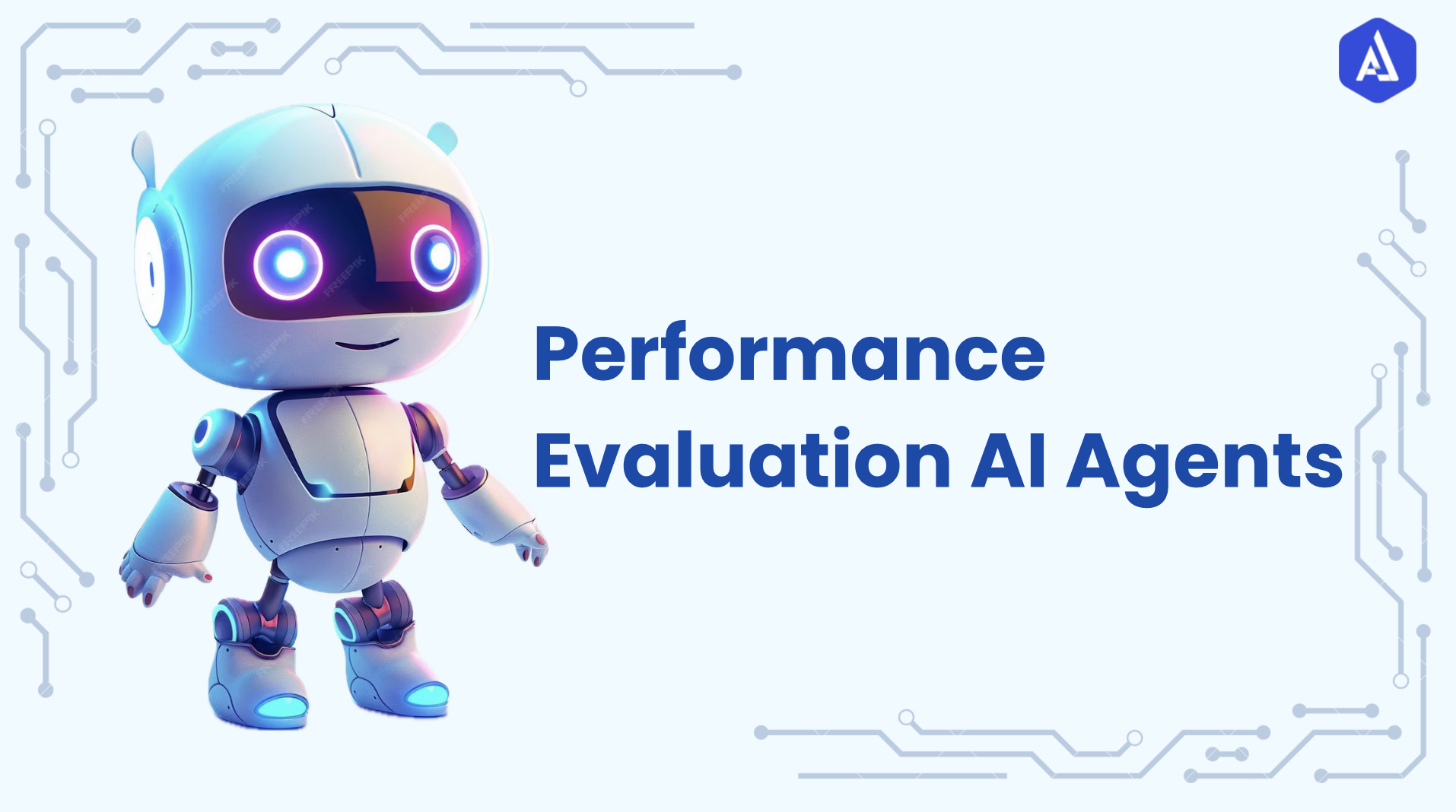Introduction
Self-learning agents that act on behalf of enterprises are rapidly changing the way companies approach their customer connections. These digital assistants take CRM systems from being mere passive records into active, self-learning and self-executing systems that remove daily manual tasks, anticipate customer actions and behaviors, and deliver real-time, just-in-time insights. The net effect is improved CRM that becomes more effective, individualized and flexible thus providing business with unique selling point.
About the Process
During recent years, Customer Relationship Management (CRM) systems have have remained important tools that assist businesses in handling customers’ data, keeping records of the sale interactions and helping customer care service departments. However, before a brief discussion of more advanced newer generation CRMs, it is essential to note that many traditional ones work as simplistic offline databases with minimal intelligence. While such systems might monitor customer calls and other various interactions in various stages, these systems are usually not designed to scan through this information in real time and thus lose efficiency and time-sensitive consumer opportunities.
-
Data Collection and Storage: Conventional CRMs collect customer data from email communication, telecommunication, social media platforms, and other point-of-contact. However, these developmental systems demand a large amount of attention for these to be kept up-to-date manually, and such data are stored in isolated systems that cannot produce meaningful analysis efficiently.
-
Lead Qualification: Lead sources are employed by sales personnel in order to qualify leads as per data stored in the CRM. In most cases, this process has something to do with the implementation of standard or miscellaneous set of parameters or the mere subjective assessment of the discrepancy and for this reason, is not always accurate.
-
Customer Segmentation: Predefined segments are typical in CRMs, where segmentation is based on gross attributes such as age or prior purchasing history, while the system does not possess the flexibility to adapt segmentation to changes in customer behavior.
-
Task Management and Automation: Most CRM systems include massive work to be done in order to automate follow-ups, appointments, and other related activities. Although there is always the possibility of automating many functions, most CRM processes have to rely on human interventions.
-
Synergy with AI: Thus, AI agents in CRM can improve business systems by adding features such as big data, data analysis at the moment, and automated work. Many AI agents are useful to lead qualifying, providing a segmenting data set to sales and or customer service as well as performing repetitive tasks so that sales and customer service employees are free to complete high level work. This is where the interaction between the AI and the CRM system works wonders to help businesses transition from a reactive model to interacting with customers to a proactive model.
Talk About the Agent
AI agents of CRM systems is to function as conveyances integrated into the existing software that provide additional features to assist and improve the decision-making process of human users and can improve the speed and effectiveness of various activities. These digital assistants can perform analysis for data inputs to such large volumes which would not be practically possible to accomplish manually.
-
Data Automation: AI agents are invariably connected to the Gmail, Chat, calls and other interaction points of the customer and put the CRM data capture and categorization on auto-pilot. Interacting directly with the client, allowing no need of data entry for the support or sales team, AI agents minimize human error.
-
Predictive Analytics: It involves using of the machine learning technique in an attempt to analyze past records with a view of predicting the future customer behavior by the AI agents. For example, they can identify which leads are more likely to buy, which of its customers are likely to cancel and what other product or service a particular customer might be interested in.
-
Personalization at Scale: As AI agents have access to huge data arrays stored in CRM systems, they are able to offer customers unique valuable experiences. These agents can make calls and send messages and alerts containing information, offers and suggestions for action that are particular to the needs of the customer in question.
-
Lead Scoring and Qualification: It’s possible to evaluate the quality of leads using AI agents based on the engagement level, and demographic information or summarizing past sales interactions. It means that they can identify the simple and accurate score to each lead and prioritize leads by conversion potential, helping sales teams to work on better prospects.
-
Task Automation: Employment of AI agents can effectively handle a lot of time-taking monotonous processes like sending follow-up email, fixing meetings, preparing reports and many others. In resolving the above mentions tasks, AI agents enable teams to concentrate on tasks that demand insight and creativity from human beings.
-
Integration with Existing CRM: This means that AI agents can eventually be deployed as new layers over current CRM systems where they simply provide additional functionality through API and cloud interfaces without forcing a new infrastructure to be designed and built around a new database. They remain out of sight to provide analytics and suggestions and manage routines but CRM users remain engaged with their old CRM interface.
Benefits and Values
The integration of AI agents into CRM systems brings several tangible benefits, both for businesses and their customers:
-
Improved Efficiency: Through this strategy, repetitive tasks such as data entry, lead qualification, and follow up on the emails, are well addressed by the AI agents. This frees up time for teams to engage in higher level work like enhancing their communication with important clients, or planning for sustainable future business.
-
Cost Reduction: We estimate that the time lost through automation and improved efficiency would reduce costs. AI agents can minimize the need for extra manpower in processes like data entry, lead generation and other clerical work, there by decreasing operational cost of organizations.
-
Enhanced Decision-Making: AI agents provide value by analyzing large data sets in real time. They can capture growth patterns, detect possible threats, and suggest possible directions based on figures, which will be helpful for sales personnel, marketers, and customer support staff members.
-
Personalized Customer Experience: Firms can thus offer near-customer-specific interactions on a large scale with AI agents. Since the destinations, behaviours, and purchases of most customers can be recognized through analysis, AI agents' communication can be personalized to improve customer satisfaction and retention.
-
Scalability: Like all other business aspects, CRM evolves as businesses advance and become larger. AI agents help CRM systems grow effectively, as a large amount of customer information and cooperation is preserved and enhanced without worsening overall quality. This helps ensure that a business constantly delivers excellent customer services while the clientèle grows.
Use Cases
AI agents can be applied in various fields and are good for a diverse variety of uses across industries. Here are several examples:
-
Lead Qualification and Scoring: In B2B context, interactions can be carried out by means of analyzing website visits, e-mail communications, and social media contacts of incoming leads. With such information, AI agents are able to rate leads and suggest which leads should be taken by the sales representatives. This process can be fully automated and what that means is that only the leads that hold great potential can be chased.
-
Customer Segmentation and Personalization: In e-commerce, AI agents can construct dynamic segments mainly because the latter reflect actual customer behaviors. For instance, an AI may recognize a set of buyers who avidly buy items for out door activity in a given seasons and target them with a message and or other promotional material each time we launch new products or have discounts.
-
Sales Forecasting: Historical sales data, current data of its pipeline, and market trends can be used by the AI agents to make accurate sales prediction. Hoping, these predictions can be adjusted when new entries appear in the CRM, and thus sales managers can better direct its resources and strategies.
-
Churn Prediction and Retention: In industries such as subscription-based industries like the SaaS industries, the AI agents can observe the interactions of the customer and label those accounts that are likely to churn. Depending on how much an AI system detects a customer is struggling to use a product or service, AI can suggest specific actions, such as discount offers to keep the customer engaged or even calls from customer service personnel reminding customers to try the product.
-
Customer Support Automation: CRM agents that are powered by AI can perform a number of tasks including responding to FAQs, solving simple cases and even preparing ticket summaries. Through attending to basic inquiries, AI agents relieve other customer support staff of time-consuming work that otherwise would require their time.
Considerations
While integrating AI agents into CRM systems offers significant benefits, there are challenges to consider:
-
Data Quality and Integration: However, for AI agents to operate successfully, the data contained in the CRM systems have to be of good quality and well interlinked. Random or scattered information makes analysis and estimation wrong and misleading and therefore, affect the efficiency of AI.
-
Customization and Training: They should be refined in order to grasp occupational language, clients’ trends, as well as business processes. This demands a constant and specific focus in adding value that fits within the proposition of the enterprise in question.
-
User Adoption: The success of integrating AI agents, therefore depends on the ability of CRM users to accept the technology. Creating an AI agent is just one of the processes, particularly, training of value-chain personnel such as sales reps, marketers, and the customer service team is core to the subject.
-
Security and Privacy: Because information regarding the customers is fairly sensitive it is prudent to abide by protective policies like GDPR where the involved AI agents are managing customer data. Customer information is considered sensitive, thus needs to be protected from compromise by ensuring companies put measures in place.
-
ROI Measurement: In order to obtain management approval for the use of AI, executives cannot just embrace its use – they need to prove its worth in organizational terms, that is, in terms of ROI. Leadership must define a set of KPIs that relate to AI functioning specified in terms of such criteria as higher conversion rates, higher satisfaction indicators, and lower operating.
Talk About the Future
The future of AI in CRM looks promising, with several advancements on the horizon that will further enhance the capabilities of AI agents:
-
Deeper Personalization: AI agents will be increasingly adept at understanding individual buyer needs, enabling businesses to deliver seamless, personalized experiences that feel indistinguishable from human interactions.
-
Smarter Predictive Analytics: As AI technology improves, businesses will be able to predict customer needs even before they arise, allowing them to offer proactive solutions and stay ahead of the competition.
-
Natural Language Processing (NLP): With advancements in NLP, AI agents will be able to engage in more natural, empathetic conversations with customers, making interactions through chatbots and virtual assistants more efficient and productive.
-
Autonomous Decision-Making: Future AI agents may be capable of making independent decisions by analyzing real-time data. For example, AI could automatically optimize marketing campaigns, suggest tailored approaches to product sales, or manage resource allocation without human intervention.
-
Enhanced Integration with Emerging Technologies: AI agents will further expand into emerging technologies such as the Internet of Things (IoT) and augmented reality (AR), providing businesses with new ways to engage customers and access data from diverse sources.
Usability in the Future of AI in CRM
As AI agents evolve, their usability will become increasingly intuitive and accessible to businesses of all sizes. Here’s how:
-
User-Friendly Interfaces: AI agents will be equipped with easy-to-navigate interfaces, making it simple for employees to manage customer interactions and data. Even without technical expertise, businesses will be able to leverage the capabilities of AI fully.
-
Seamless Integration: AI agents will integrate seamlessly with existing CRM systems and tools, requiring minimal setup. This will reduce the burden on IT teams and allow businesses to quickly adopt new AI-powered features.
-
Real-Time Insights: AI agents will provide real-time, actionable insights in a user-friendly format, making it easier for businesses to adapt their strategies on the fly, improve customer satisfaction, and maximize efficiency.
-
Scalability: Future AI systems will scale effortlessly with business growth, adapting to higher volumes of customer data and interactions without compromising performance. Whether small businesses or large enterprises, AI will deliver optimal results at every scale.
-
Enhanced Customer Support: With continuous improvements in AI's ability to understand and predict customer needs, businesses can expect more personalized, responsive, and timely customer support, leading to higher satisfaction and loyalty.


